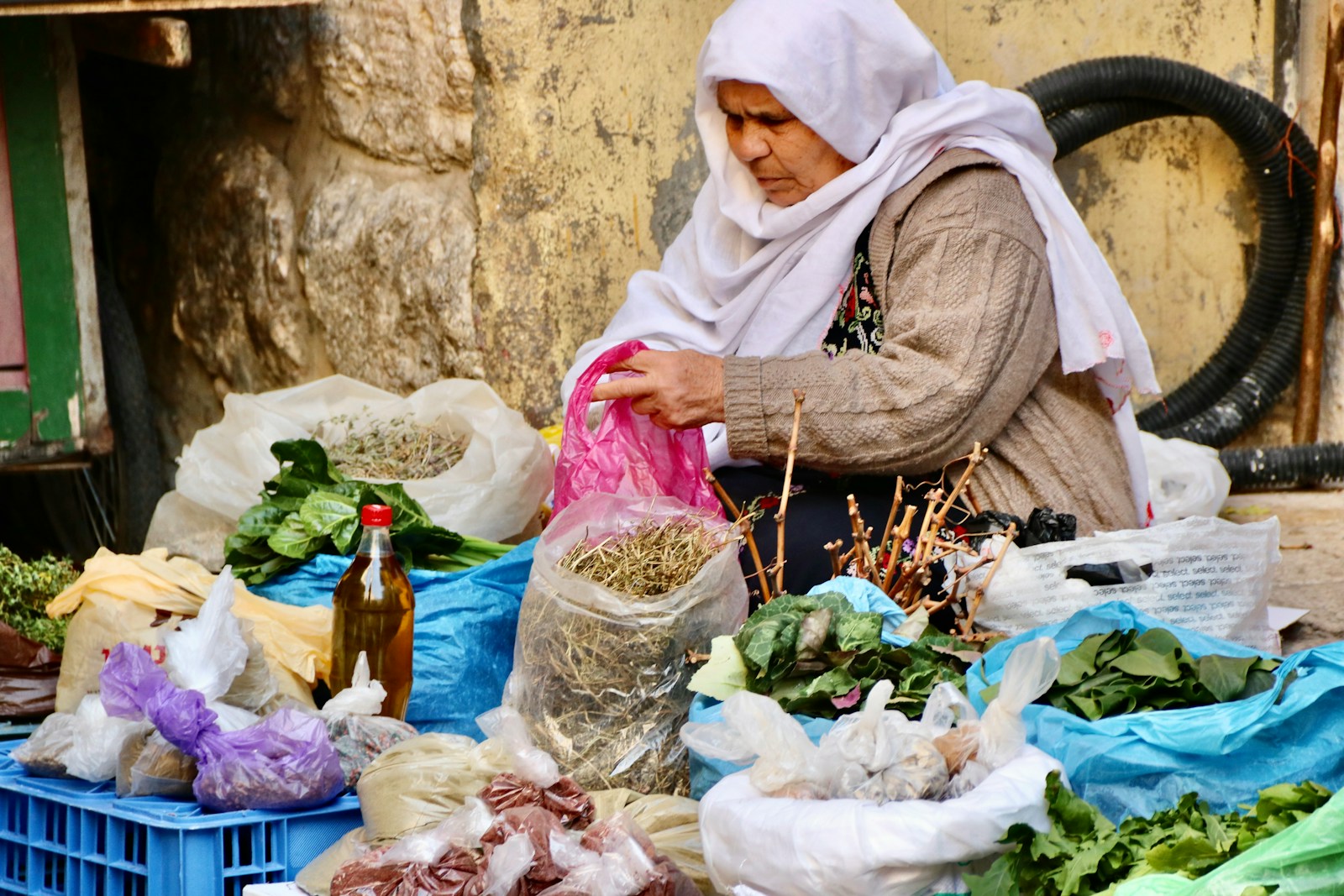
Photograph by Jorge Fernández Salas via Unsplash
Send food, not bombs
Rev. Dr. Allison Tanner
June 4, 2024
Earlier this spring, while in Washington, D.C., I was arrested by the Capitol Hill police. This was the result of joining with dozens of Christian leaders from across the country in an act of civil disobedience, drawing attention Jesus’ message of Luke 6 (adapted) – “Blessed are the hungry, and woe to you who do nothing… Blessed are the poor, and woe to you who fund genocide.” At the Dirksen Senate Cafeteria, we stood in front of cash registers blocking access to purchase lunch. Our message was simple: “Congress and their staff will not eat while Gaza starves.” As we rose up and joined hands, we sang, “We will not avert our eyes. Palestine will be free.”
This action was organized by Christians for a Free Palestine, an ecumenical network of American Christians heartbroken by what is happening in Gaza and throughout Palestine, and outraged by the ways in which our government is providing political and financial cover for it. We are equally outraged that our faith, through the coopted and twisted theology of Christian Zionism (the foreign policy of Christian Nationalism), is providing religious legitimacy to these atrocities. We have seen our Muslim and Jewish partners taking bold action to end the ongoing mass destruction of Gaza, and we were eager to do our part to incarnate the gospel of Jesus.
In preparation for our action, we worshipped and shared communion on the Capitol lawn. We received blessings from a Palestinian pastor and a Jewish rabbi. We prayed for an end to war, we lamented the actions of our government and our faith tradition, and we grounded ourselves in the teachings of Jesus. But the moment I most deeply felt the presence of God wasn’t until after we were taken away, hands zip-tied behind our backs, escorted by the police into a warehouse where we were searched one by one, had our belongings confiscated, our photos taken, and waited. While standing around in that warehouse, we continued to sing freedom songs and pray. In that moment of police processing, as we peacefully proclaimed our faith through song, I felt the Spirit’s presence descend and affirm that this, indeed, was an important piece of the ministry to which we are called in this moment.
Getting arrested isn’t my preferred way to preach the gospel. I’d much rather be preaching from the pulpit or talking to the children on the church steps. But after months of ongoing bombardment, bearing witness to starvation’s effects on Gazan bodies, marching in the streets, and offering prayers, this seemed the next logical step.
In the hours that followed, sitting in a paddy wagon, feeling the discomfort of my arms locked behind my back for a few hours, being monitored and ordered around and scolded for talking, feeling the humiliation of an aggressive body search, I was eager for it to soon be over. I was grateful that $50 to the police was enough to get out, and my charges amounted to no more than the equivalent of a parking ticket. By that night, the stress marks on my wrists had faded, and I was able to reclaim my body with a warm shower. In reality, it was a small price to pay to incarnate the gospel in that moment.
Getting arrested isn’t my preferred way to preach the gospel. I’d much rather be preaching from the pulpit or talking to the children on the church steps. But after months of ongoing bombardment, bearing witness to starvation’s effects on Gazan bodies, marching in the streets, and offering prayers, this seemed the next logical step. If Congress won’t listen to our phone calls or our rallies, maybe it’s time for some serious disruption of business as usual. Jesus was known to have turned a few tables in his day, after all. I continue to pray for a lasting ceasefire, humanitarian aid to Gaza, and an end to military aid to Israel. I continue to pray for an end to all the violence in Palestine and Israel and an end to the violent structures of Israeli apartheid, settler colonialism, and occupation. I will pray with my heart, my feet, and my body if I have to.
At one point when our group was lingering in the warehouse waiting for processing, I overheard an officer telling us that if we were uncomfortable, we should remember that we brought this on ourselves. “No sir,” I replied. “My faith and my values compelled me to be here today.”
Rev. Dr. Allison Tanner is the Pastor of Public Witness at Lakeshore Avenue Baptist Church in Oakland, Calif. She is also the national organizer for the Apartheid-Free Communities Initiative.
The views expressed are those of the author and not necessarily those of American Baptist Home Mission Societies.


